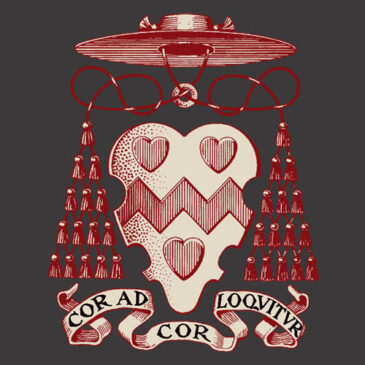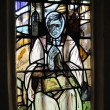The Glories of Mary for the Sake of Her Son
 We know, my brethren, that in the natural world nothing is superfluous, nothing incomplete, nothing independent; but part answers to part, and all details combine to form one mighty whole. Order and harmony are among the first perfections which we discern in this visible creation; and the more we examine into it, the more widely and minutely they are found to belong to it.
We know, my brethren, that in the natural world nothing is superfluous, nothing incomplete, nothing independent; but part answers to part, and all details combine to form one mighty whole. Order and harmony are among the first perfections which we discern in this visible creation; and the more we examine into it, the more widely and minutely they are found to belong to it.






 Such is St. Paul’s confession concerning his temporal condition, even in the midst of his trials. Those trials brought with them spiritual benefits; but, even as regarded this world, he felt he had cause for joy and thankfulness, in spite of sorrows, pains, labours, and self-denials. He did not look on this life with bitterness,
Such is St. Paul’s confession concerning his temporal condition, even in the midst of his trials. Those trials brought with them spiritual benefits; but, even as regarded this world, he felt he had cause for joy and thankfulness, in spite of sorrows, pains, labours, and self-denials. He did not look on this life with bitterness, 

